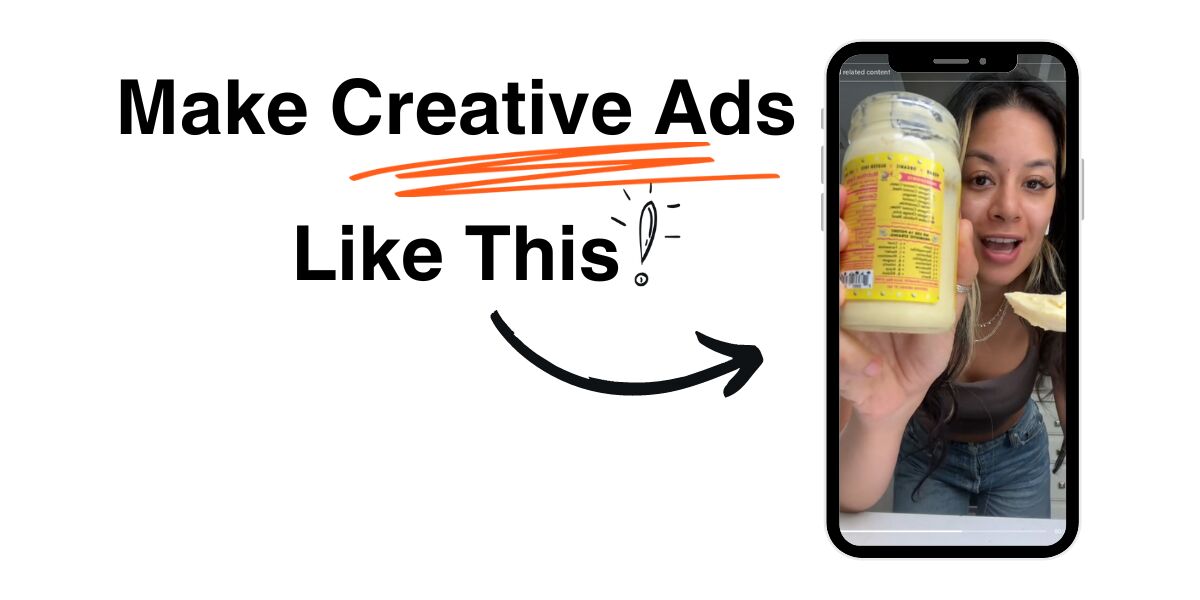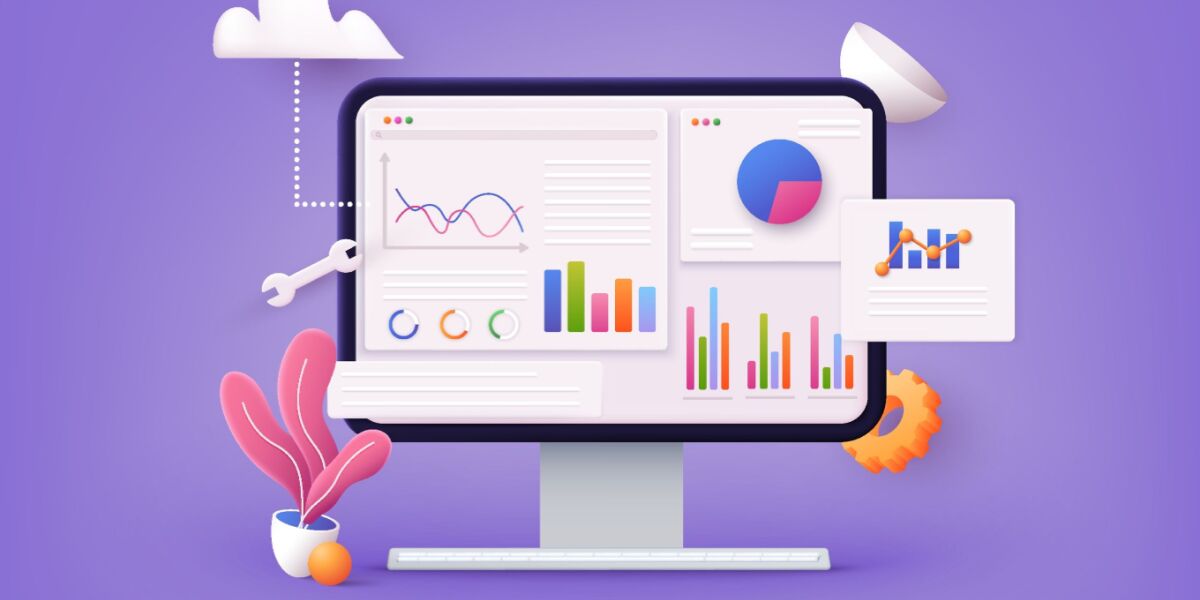What is search engine optimization (SEO)? Hundreds of different strategies fall under the definition of the term, which is any action taken to earn a higher quality rating from search engines in order to boost your ranking on the results pages.
It all comes down to the fact that the higher you are in the results, the more traffic can potentially be directed to your site. Nearly 30% of users simply click the first result they see on a Google page. That percentage plummets as you go down the page to subsequent results, to the point that less than 1% ever move on to the second page and click anything.
So it’s imperative for business owners to understand the role of this side of online business. SEO terms like bots, meta information, and keywords might be unfamiliar now, but you’ve got to familiarize yourself with them in order to thrive in our modern world.
The Rise of the Search Engines
Search engines have become an essential element of life for consumers around the globe. When we want fast answers to questions big and small, we don’t open a phone book or consult an oracle. We head to Google, Bing, and other search engines. Within seconds, we’ll receive a trove of information.
How important are search engines? First, let’s look at it from a linguistic perspective. In many nations of the world, the word “Google” has become a verb for searching for information online. You could ask a friend where a certain pizza joint is located, and they’ll simply reply, “Google it.”
Google is so dominant that they’re part of language patterns used by digital experts and computer illiterate individuals alike. And for Google being part of the global culture opens doors to billions of potential users.
From a data perspective, Google’s dominance is unquestioned. Each second of the day, about 99,000 searches occur on the website. All told, 8 billion happen each day. That’s roughly a Google search a day for every human on earth.
Understanding the SEO Basics
While SEO involves a complex array of different strategies, you can get started with just the basics and quickly begin to see results. And you also don’t need to spread your efforts to multiple search engines… instead, focus on Google. It’s so much larger than the competition that you’ll get further with more targeted efforts.
It all starts when Google’s bots crawl the pages of your website. Bots, also sometimes referred to as spiders or web crawlers, are automated computer programs that continually scan the internet. By identifying new content on previously detected pages, locating new pages, and following links, they gather the intel that will later be used to deliver search results to users.
Next up is the indexing phase, as all that crawling leads to mountains of data. It’s a herculean task to analyze pages, put them in categories, and then store the information in a way that’s actionable.
Imagine how hard it is for a librarian to manage all the books in a large library. Now think about how that task would be elevated to an unprecedented level if they had millions of new books coming in every week.
Yet, Google’s system is somehow able to handle it all.
Finally, it’s time to rank the results to be delivered for users’ queries. For example, if a shopper searches the words “lab-grown diamonds,” they’ll see more than 12 million results. These results are listed on the search engine results page (SERP), with the highest-ranked option at the top.
How could anyone or anything be able to rank 12 million things in a matter of seconds? Well, Google has already crawled and indexed all those websites. So it then leverages its algorithm, which is a catchall name for all the complex systems that Google uses to create rankings to provide the final results.
7 Factors That Influence Your Search Ranking
As you can see, your rank is of paramount importance. It determines whether you are positioned near the top of page 1 or buried somewhere in the wilderness of the further pages.
Here are 7 key factors that will directly improve your chances of a higher ranking:
- The “crawlability” of your site: Remember how search engine bots scan your website page by page? In order for this to happen, your website needs to be convenient for them to locate and navigate.
- The relevance of your content: Knowing what your audience is looking for is crucial. When Google observes that users consistently find your website in search results and then linger on your site, it confirms the relevance of what you’re offering.
- The freshness of your content: Also note that an updated website is naturally a more relevant website. So you’ll be rewarded for having new content that better serves your audience.
- The distinctiveness of your content: Not only does your site’s content need to be timely, but it must also be unique. Sure, it’s tempting to copy and paste certain sections to save time, but you’ll be penalized for those redundancies.
- The “linkability” of your website: Each link that directs from another online source to your website is viewed as an endorsement. The more of these links and the better quality of the source, the better your ranking will be.
- The speed of your website: In many ways, Google’s crawlers simulate the user experience with your site. For example, if the loading speed is slow for certain pages, you’ll lose credibility because that would deliver a negative experience for any users that Google might direct to your website.
- The compatibility of your website: Mobile phones now dominate the online world, but users often have a variety of devices for potentially viewing your website. Will it display accurately for all of them? The more capable your website is, the higher you will be ranked.
There will always be additional considerations for Google rankings, as the process is multifaceted and constantly evolving. But you can improve your standing by focusing on even just a few of the factors listed above.
Read more: The 11 Best Free SEO Tools of 2022
The Importance of Keywords
When it comes to SEO basics, the nuts and bolts are often found in keywords. What are SEO keywords? Think of them as words that serve a purpose for your website similar to what signs do on a highway. Drivers need to know that they’re on the right road and how to head in the best direction, so signs offer the information they’re seeking.
Likewise, keywords are signposts that clarify the features of your website’s content. What makes them so special is that they’re the exact words that many users are entering into search engines when seeking information.
For example, our research here at Foundr revealed that many individuals were searching “seo basics” and “seo for beginners.” In order to deliver helpful content to these people, we included those keywords in the title of this guide. And we’ve sprinkled them throughout the article, as well, to add relevance to the content and alert Google’s crawlers that we have a resource here that can help those people.
In this way, keywords within your website’s content act as signs that alert both users and crawlers that they’ve come to the right place.
An issue sometimes arises when website creators decide to use keywords that have little relevance to their content. This bait-and-switch is never a good idea. Just as a driver on a highway would feel misled if a sign announced that the road was taking them to San Diego when it was actually going to San Francisco, your site visitors won’t take kindly to keywords that are used inaccurately.
Read more: The Complete Guide to Getting Clients for Your Consulting Business
We recommend that you research appropriate keywords before attempting any other SEO strategies for your website. Not only will this information help you better understand your audience, but it’ll also provide ideas for future content.
The best marketers always use keywords as their catalysts. Get started by entering words related to your business into the Google search bar. You’ll notice that Google usually offers autocomplete suggestions. For example, you might type the words “custom jewelry” and see that Google suggests searching for “custom jewelry box,” “custom jewelry pendant,” and “custom jewelry design.” These terms are offered up because they’ve been searched by many other users.
Also, you can scroll down to the bottom of the SERP and see the related searches list. Inclusions might include:
- “custom jewelry websites”
- “custom jewelry pendants”
- “men custom jewelry”
- “custom jewelry necklace”
- “custom jewelry chains”
- “custom jewelry rings”
- “best custom jewelry online”
The searches on this list are all examples of long-tail keywords, an SEO term used for specific search terms that contain multiple words. As you can imagine, the keyword “jewelry” likely appears on hundreds of millions of websites. If you want to connect with users and stand out from the immense sea of competition, you’d need to find long-tail keywords that get more specific.
For a jewelry shop specializing in topaz jewelry, you wouldn’t want to waste your time with generic keywords. The most impact will always come from keywords that describe what you offer. Yes, there are far fewer people searching “custom topaz earrings” than are simply searching “earrings,” but your chance of engaging the user and delivering what they want is astronomically higher with the more specific keyword.
5 Free SEO Keyword Tools
Based on the autocomplete suggestions and the Related Searches, you’ve got some great ideas for keywords. Now it’s time to dig deeper using more advanced tools. Let’s look at 5 free tools that can assist in these efforts:
- Exploding Topics: The best keywords are a hot commodity among your competitors, so it can be advantageous to find trending searches before they’re common knowledge. Exploding Topics helps you find these promising keywords.
- CanIRank: This handy tool reveals which keywords are already overused and which ones could provide the biggest boost to your website.
- Sitechecker: Want to get rankings for the best keywords? Use Sitechecker to identify the best ways to stand out from your competition.
- Wordtracker Scout: You can also find excellent keyword ideas by seeing what’s working for other businesses in your industry. A tool like Wordtracker Scout helps you pinpoint the best ideas your competitors have put into play.
- Detailed: One of the most robust tools on this list, Detailed will show you which competitors are getting the highest traffic to their websites. You can then dig deeper to find keyword suggestions and see where their backlinks are originating.
All of these tools provide insights that help you find the ultimate trifecta: keywords that are getting searched at a high rate, aren’t overused in your industry, and strongly relate to the content on your website.
Surrounding Keywords with Quality
Your keywords are only as good as the content on your website. So your strategy should always be to provide what your audience is looking for and then exceed their expectations.
Tools like Exploding Topics and Wordtracker Scout can help you identify topics that are gaining popularity. This is crucial to your overall performance, as those who lead trends will always get better engagement than those who are just chasing taillights.
When you don’t have intel on emerging topics, you can still create excellent content around your top keywords. For example, let’s say you were targeting the following long-tail keywords:
- “topaz men’s rings”
- “custom topaz earrings”
- “topaz ring with silver”
Your objective would be to provide resources that would be of interest and value to people searching those terms. Maybe you write a 2,000-word guide on the best ways to clean topaz rings, which colors of topaz are most popular in earrings, or methods for determining if your topaz ring is made with real silver.
As long as you’re sharing something unique and relevant, users will respond positively to your content. In turn, Google will rank you higher for your efforts.
Another benefit of putting top-tier content into the world is that it helps establish you as an expert in your industry. You’ll be able to write guest posts for other blogs and have other opportunities to spread brand awareness.
Don’t Forget the Less Visible Side of SEO
While keywords are important for attracting both users and search engines, there’s another element called metadata that’s essential to crawlers. What is metadata? It’s data used to describe other data.
Search engines use metadata to navigate and assess your website. So if you fail to include these elements is like having a highway with no exit signs, speed limits, or other crucial information. As you can imagine, there’d be a high probability of getting lost.
Examples of metadata that should be included on your website include:
- Title tag description: The headline for any website that appears on a SERP
- Meta description: The explanatory paragraph for any website that appears on a SERP
- Headings and subheadings: Navigational elements that give structure to your content
- Image alt text: Descriptions of the images on your website for visually impaired users and crawlers
Nearly all of these elements are visible to users and can provide insights for them. But it’s the search engine bots that will particularly rely on metadata for the successful crawling and indexing of your website. If you’re serious about getting on the first page of results, properly managed metadata is a necessity.
Read more: The Ultimate Guide to Shopify SEO Tools
Charting Your Progress
It’s one thing to understand the meaning of various SEO terms, but your success will always depend on your ability to put them into action. And remember that there’s no finish line when it comes to SEO. You must always seek new opportunities to improve your strategies and refresh your content.
One of your best resources for tracking the results of your efforts is Google Analytics. You can use this free tool to see where your web traffic is coming from and how users are engaging with different content on your site.
As Matt Pyke explains:
But let’s not forget the most powerful asset you have at your disposal on this mission, and fortunately, you’re sitting atop a mountain of it—data. Google Analytics data, to be exact. Without data, you are essentially taking shots in the dark, and Google Analytics turns the lights on. It can reveal dozens of untapped opportunities to help you improve conversions and really understand how your users are interacting with your brand.
Be sure to monitor your site on Google Analytics at least monthly to identify best practices and spot potential red flags. By keeping close to the data, you’ll be able to make the most of your efforts and see the best results.
You should also visit our library of free business courses to get additional ideas for creating high-quality content. You’ll find expert instructions for creating quality videos, writing engaging headlines, and providing content that not only attracts visitors but converts at a higher rate.


















